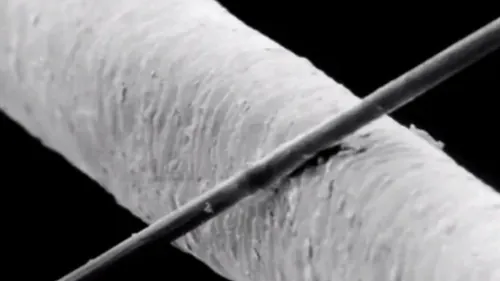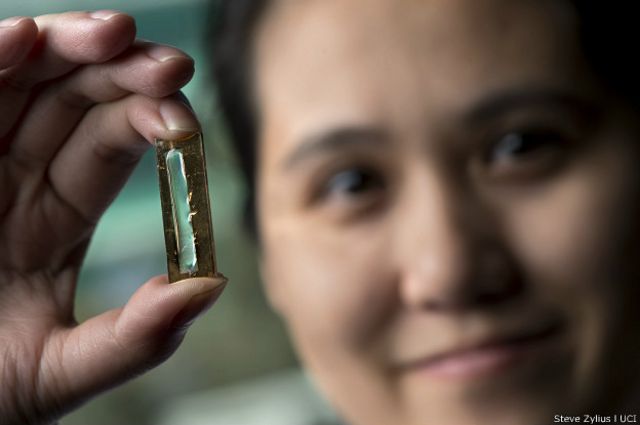We are all tired of having to constantly recharge our devices. It's a normal thing, mind you: but which of us, between thorns and cables, has never thought that one day all these things will simply be prehistory? Waiting for it to make its way wireless energy (provided it is safe), a recent discovery could at least improve batteries. Researchers at the University of California have developed one based on nanowires, capable of being recharged thousands of times without ever losing capacity.
Based on what?
On nanowires. They are highly conductive materials and as thin as a human hair, making them ideal for storing and transmitting electrical energy. However, their fragility made their use in long-life batteries difficult. But now the music could change thanks to several studies.
Uno published in 2016 on Energy Letters (I link it here). They are then followed this study of 2017, and this in 2018. Today the possibility of applying this technology to industrial processes is being studied in a US company, Enevate. But what is it?
One day suddenly

The solution, as sometimes happens, was purely accidental. The researcher Mya Le Thai (you see it in the cover photo) coated gold nanowires with manganese dioxide and protected them with a gel. This method kept the properties of the nanowires intact, making them resistant to fractures.
In tests, the Thai team charged and discharged the battery up to 200.000 times without damaging the nanowires and without loss of capacity. Usually, it reads in a release of the University, these systems wear out after 5.000-7.000 cycles at most.
This research shows that a nanowire-based electrode can have a long life and that we can make these types of batteries real
Mya LeThai, University of California
An incredible ability
The researchers believe that the combination of electrolyte gel and manganese dioxide gives flexibility and structure to the nanowires, preventing cracking and dramatically lengthening their capacity (and therefore operability).
More efficient and longer-lasting batteries could make solar and wind energy storage systems more reliable, leading to a more sustainable and cleaner world.
You never know what the future holds, but one thing is certain: advances in battery research and development could change that dramatically. A truly fortuitous event!


